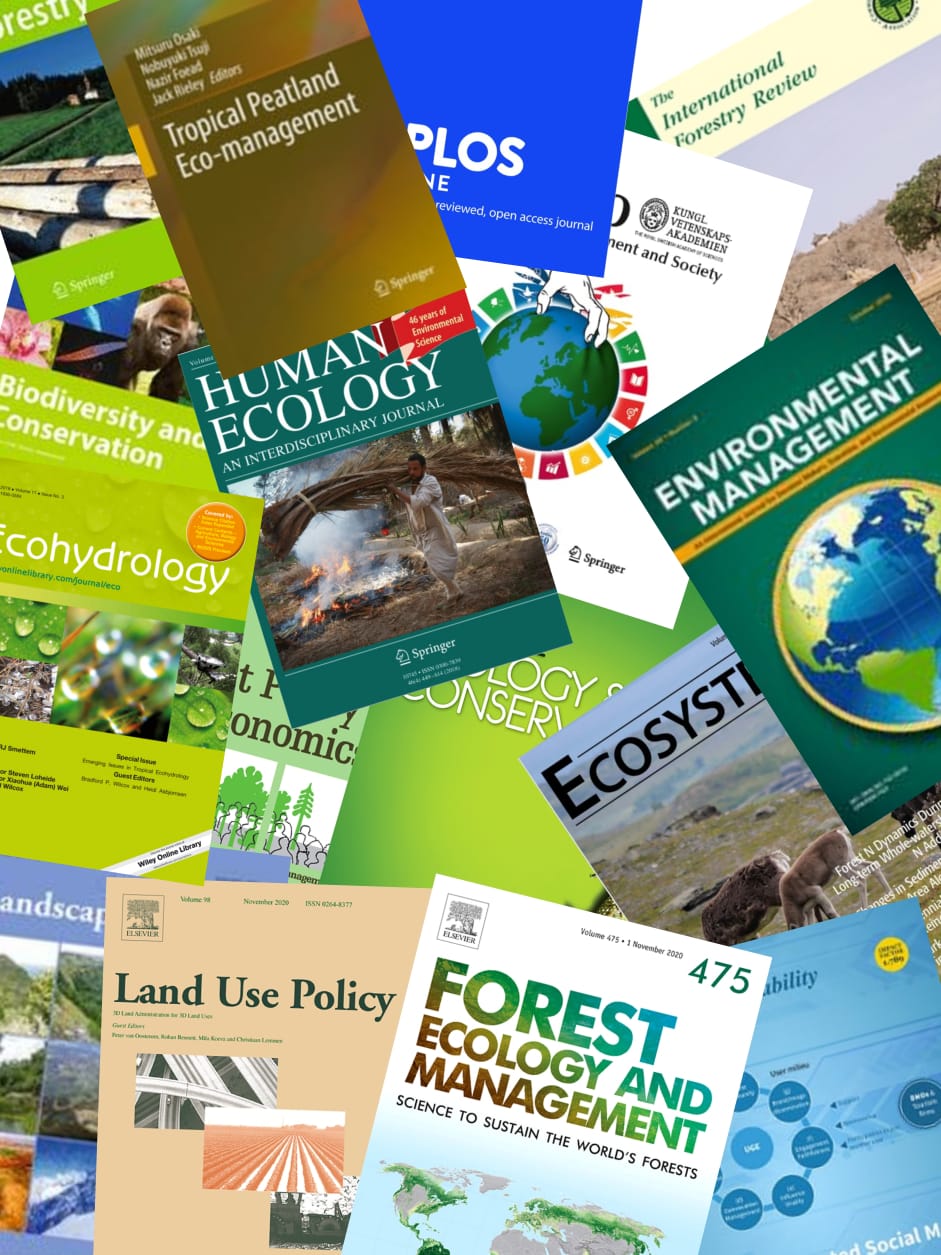While signs of democratization in a country may raise hopes of better natural resource governance, especially of forests, evidence from the Asia Pacific region in countries such as Indonesia and Cambodia demonstrates no significant relationship between a country's transition toward democracy and better forestry governance. Myanmar's transition to democracy is unlikely to counter this trend. Deeply vested interests operate within democratizing countries that outweigh the support inside governments or civil society for improving forestry conservation. Incumbents also stand to benefit directly from initiatives that promote free trade and further investment in the forestry sector at the expense of the environment and the most vulnerable in society. International organizations returning to Myanmar must fine-tune their policies to accommodate the local political economy of deforestation and should engage with elements on the periphery, dissenting voices inside the government, and a broad range of local civil society organizations. Failure to do so may exacerbate current trends and lead to future conflicts in the already volatile cease-fire areas. [PUBLICATION ABSTRACT]

